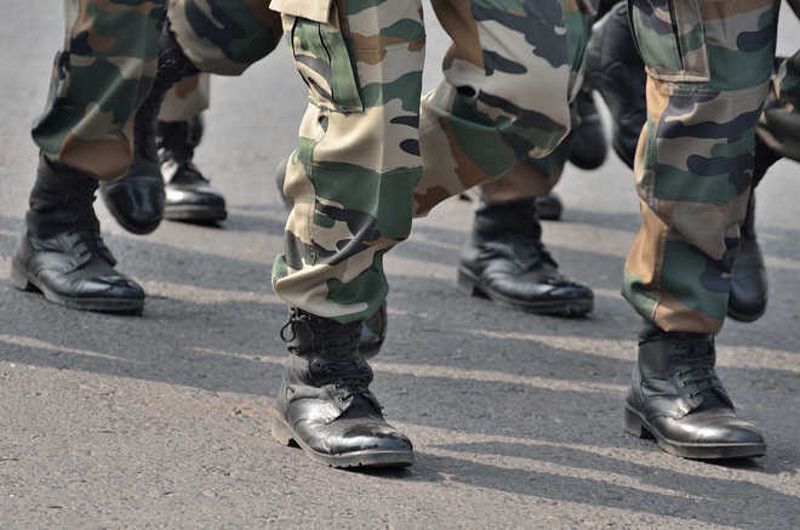
REPORTS regarding the recruitment of skilled Indians for employment in the war-ravaged Israel-Gaza region prompted me to recall Jim Corbett’s stint in the Indian Labour Corps during World War I.
Fired by patriotic fervour, as also the desire to follow in the footsteps of his grandfather and father, Corbett had applied to the War Commission but was turned down as he was nearing 40. However, as the British-French forces were unable to defeat the Germany-led alliance by 1917, ‘word was sent to Delhi for the formation not only of more fighting units for the Western Front but also of Indian Labour Corps…’ (from The Indian Empire at War by George Morton-Jack).
Corbett’s biographer Martin Booth states that ‘being deemed too old to fight, Jim was not considered too old to command and in 1917, he was given a wartime commission as a Captain’, with the caveat to create from scratch the 70 Kumaon Labour Company. ‘The esteem in which he was held in the Kumaon region did not make his job too difficult,’ writes Booth. About 5,000 volunteered, from which Corbett picked the requisite 500.
Realising that he would be exposing them to the most lethal war zone, Corbett visited the home of each volunteer, ‘optimistically and rashly promising to the head of family that he would bring every single individual home safely when the war ended’.
But Corbett’s dilemma surfaced on reaching the Flanders battlefield. Besides facing ‘bullets and bombs’, the personnel were given food that was scanty and inappropriate (tinned beef stew, pork), which they refused outright. Corbett reached out to an adjoining Animal Transport Company with the proposal to barter beef and pork for barley and gram, thus securing ample ingredients for chapatis, dal, khichri, pakoras and even laddoos!
Unlike fellow Indian Army officers who were permitted visits to London on short leave, Corbett chose to remain with his men till Armistice Day. To enforce personal hygiene, he rallied the Kumaonis to salvage suitable material from war rubble to construct a bathroom, a mini-laundry and an improvised incinerator! His men were thus assured of privacy and a warm bath every third day.
Lord Ampthill, who was in charge of the Labour Corps troops fighting in France, visited 70 Kumaon in January 1918. He put this on record: ‘Captain Corbett, who impressed me as a competent and resourceful man, gave me a cheerful account of his Company… men were standing the cold very well and there has been no sickness… I was astonished to see a substantial brick building built by Captain Corbett… walls of red brick and the mortar with nothing more than chalk and rice water.’
On his return to India after the Armistice, Corbett was feted throughout Kumaon as he had brought back all the volunteers, except one, who had died of pneumonia. Befittingly, the names of 1,174 personnel of the Indian Labour Corps are engraved on the National War Memorial in New Delhi.
